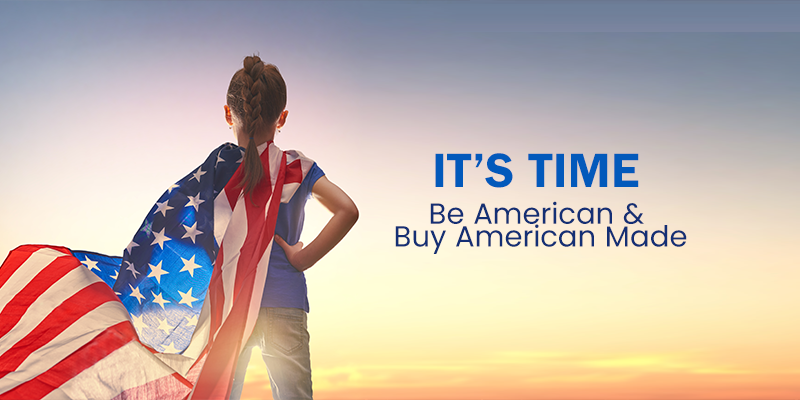

Shop by
Made In USA

Shop by
USA/Global Materials

Shop by
Assembled In
Newsletter
Don't miss out! Join our community!
Secure Payment
100% Secure Payment
"Now Search Over 126,000 Products"
loading...
loading...
loading...
loading...
loading...
loading...
loading...
loading...
loading...
loading...
loading...
loading...
loading...
loading...
loading...
loading...
loading...
loading...
loading...
loading...
loading...
loading...
loading...
loading...
loading...
loading...
loading...
loading...
loading...
loading...
loading...
loading...
loading...
loading...
loading...
loading...


